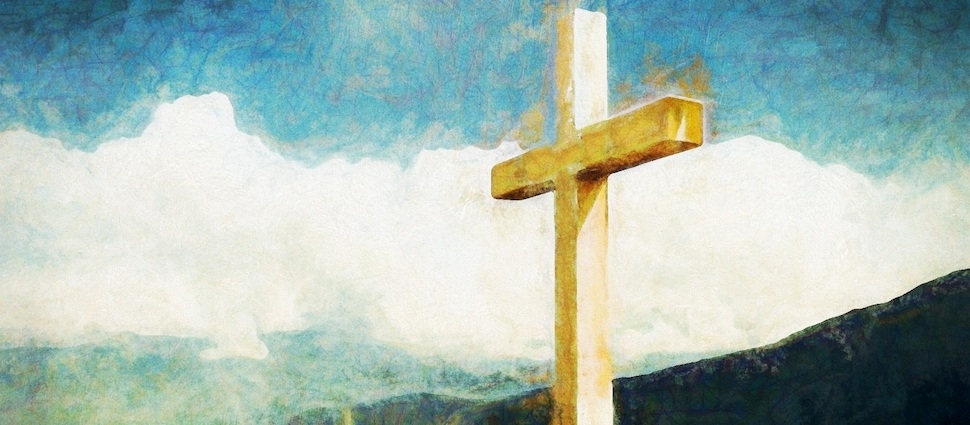Majoring in the Minors: Obadiah

Perhaps you’ve passed over Obadiah more times when flipping through your Bible than any other book in Scripture. It’s a third of the way through the Minor Prophets and it’s only one chapter consisting of only 21 verses. But if you have not read it, pause now and read through it before continuing. This little book, a prophecy against the nation of Edom, is a gem. It is thoroughly encouraging to the beleaguered Christian and thoroughly exalting to Christ. But to understand how it is, we first need to understand the context and content of this little diamond.
The nation of Edom consisted of the descendants of Esau, as the book makes clear. God refers to them as the brother of Jacob, certainly drawing our minds to the very conflict between the patriarchs of the two nations: Jacob and Esau. As Israel settled in the land of Canaan, the descendants of Esau had settled in the mountainous regions to the East. They famously built their cities and strongholds in the caves and hidden crevices of the rocky spires, the most well-known being the city of Petra.
The sin of Edom as condemned by God in the short book is two-fold. First, God condemns them for the “pride in your heart” (v. 3), thinking themselves invulnerable and safe. Indeed, enemy attackers would be forced to traverse single-wide passageways through the rocks in order to attack, and so the cities of Edom were seemingly impenetrable. Though they think that they soar among the stars as eagles, God promises that their highly defensible geography was no match for His vengeance.
But the sin of pride of position was only the prelude to their main sin, and indeed, a consequence of God’s main condemnation and promise of judgment. The primary sin that God takes issue with is that instead of coming to the aid of their brother Jacob when it was being attacked and then ransacked by Babylon, Edom chose to help the attackers, even catching those who attempted to escape and turning them over to Babylon (v. 10-14). God promises total destruction on this nation, a complete pillaging by their enemies (v. 6-9). Though they had gained the upper hand over the children of Israel in their time of need, Israel would one day rule over them. And in this we see Christ in two unique ways in this short prophecy.
First, and perhaps most obviously, is the eschatological view to the Day of the Lord (v. 15-21). This promise of recompense, encompassing the final third of the book, comes in two parts: a prophecy of destruction of Edom (v. 15-16) and a promise of deliverance for the people of God (v. 17-21). When the world is judged by God, the nation of Edom would receive upon itself the just reward for its treachery against God’s people, but the nation of Israel would not only be a sanctuary for the escapees (v. 17), but also the very fire by which God judges (v. 18). The book of Revelation details this judgment for us at the hands of the Messiah of Israel, Christ Himself. And so the first way that Christ is seen in Obadiah is through His final judgment over evil.
The second and more subtle arrow which points us to Christ is the wonderful parallel between Mount Esau (v. 8, 9, 19, 21) and Mount Zion (v. 17, 21). Indeed, this parallel is stated explicitly in verse 21: “Saviors shall go up to Mount Zion to rule Mount Esau, and the kingdom shall be the LORD’s.” While Edom thought they dwelt secure in their own mountain fortress, God promises that His own holy mountain would be the actual place of safety, security, and most poignantly, salvation (v. 17). Christ is not only the means of judgment in Obadiah, but He is also the fortress of salvation for all those who come to God for safety. It is a beautiful picture of the work of Christ, not only as supreme judge of the world, but as the place of refuge and salvation for the people of God.
Keith Kauffman attended University of Maryland (B.S.) and Capital Bible Seminary(M.Div.). Keith currently works at the National Institutes of Health in Bethesda, MD, working in the Laboratory of Parasitic Diseases studying the immune response to Tuberculosis. Keith serves as an elder at Greenbelt Baptist Church.





